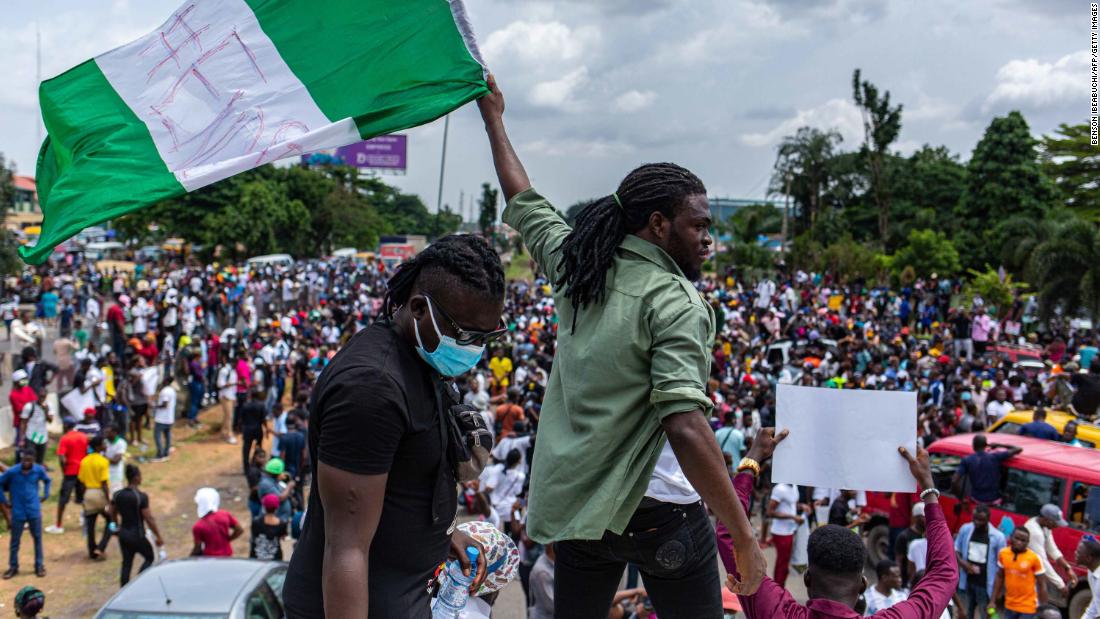Features
Opinion: Political Weaponisation Of Poverty Is The Mother Insecurity Across Nigeria

Political Weaponisation Of Poverty Is The Mother Insecurity Across Nigeria.
A few years ago, I had urgent business to attend to around the infamous Akala area of Mushin, Lagos State. It was a workday, I had other things to attend to, so I scheduled my meeting for 8 a.m.
However, despite being quite familiar with the neighbourhood, I was still shocked by what I saw that early in the morning. A large number of young, fit, and able-bodied Nigerians congregated aimlessly in a multitude that stretched across three streets. Most of them had some form of band substance in their system that early while the rest made do with alcohol and cigarettes.
Mushin is famous for the occasional burst of violence, but I never quite understood why until that morning.
However, what I saw is not unique to Mushin, neither is it peculiar to Lagos alone. It is an issue which politicians had benefitted from, one that they have found convenient to ignore over the years, believing that they are protected from the occasionally sponsored violence these willing mobs unleash.
Most Nigerian politicians believe that such waiting armies are necessary for political survival, the elite gives these impoverished youths enough to keep them alive, but not enough to make them ignore a call to violence.
Some of these young men engage in rubbery and petty crime as a means to meet up with their daily need for food and drugs until the politicians come around with campaign Naira.
As long as these men are not constituting significant nuisance to the general security, their activities are tolerated, if not encouraged.
However, things are about to change and the shift in the dynamics of Nigerian security could be traced to the agitation in the Niger Delta.
Yes, the major security issues confronting Nigeria now is the war against Boko Haram jihadists. however, before then the Niger Delta struggle somewhat opened the doors to the commercialisation of violence. While the agitation was in itself noble at first, it lost its way when politicians started throwing money at the problems rather than make genuine attempts to address the issues raised by the militant.
The Niger Delta struggle opened the eyes of the would-be criminals to the benefit of kidnapping, it revealed that politicians would willingly open the national purse to appease agitators that managed to escape the army bullets while taking up arms against the states, it also created new money-making opportunities for politicians who are always looking for schemes to improve their lots.
Slowly, the menace of kidnapping starting moving to other parts of the country, and eventually, it got to the North, the part of the country with arguably the largest number of economically disenfranchised youths.
The Northern youths, like their Southern counterparts, were also susceptible to drug abuse, however, many of them are peasants who sell their labour power doing menial jobs to help survive and feed their addictions, those not influenced by drugs are gullible to the machination of charismatic religious teachers, some of whom preach the extreme form of Islam.
All these are exploited by politicians who were able to secure the loyalty of these waiting armies at very little cost. However, the news regarding the benefits of kidnapping also got to that part of the country and the rest is history.
The issue of insecurity in Nigeria is basically as a result of deliberate negligence by politicians, at first, it seems like the elites were immune from the violence, however, the dynamics have changed, increasingly, families, friends and even members of the political class themselves have become targets of these desperate youth armies, the recent violence across the country is a wakeup call to the politicians, another such situation may not be brought under control so easily.


















